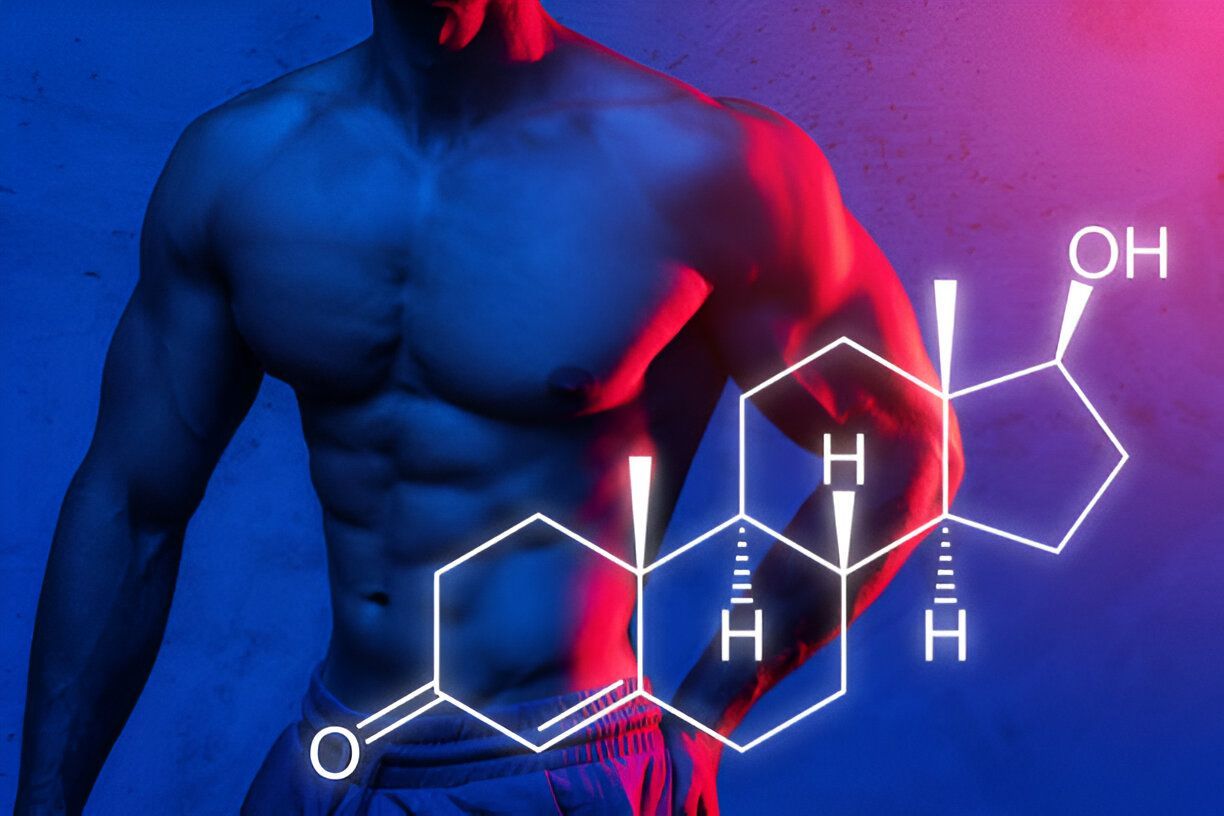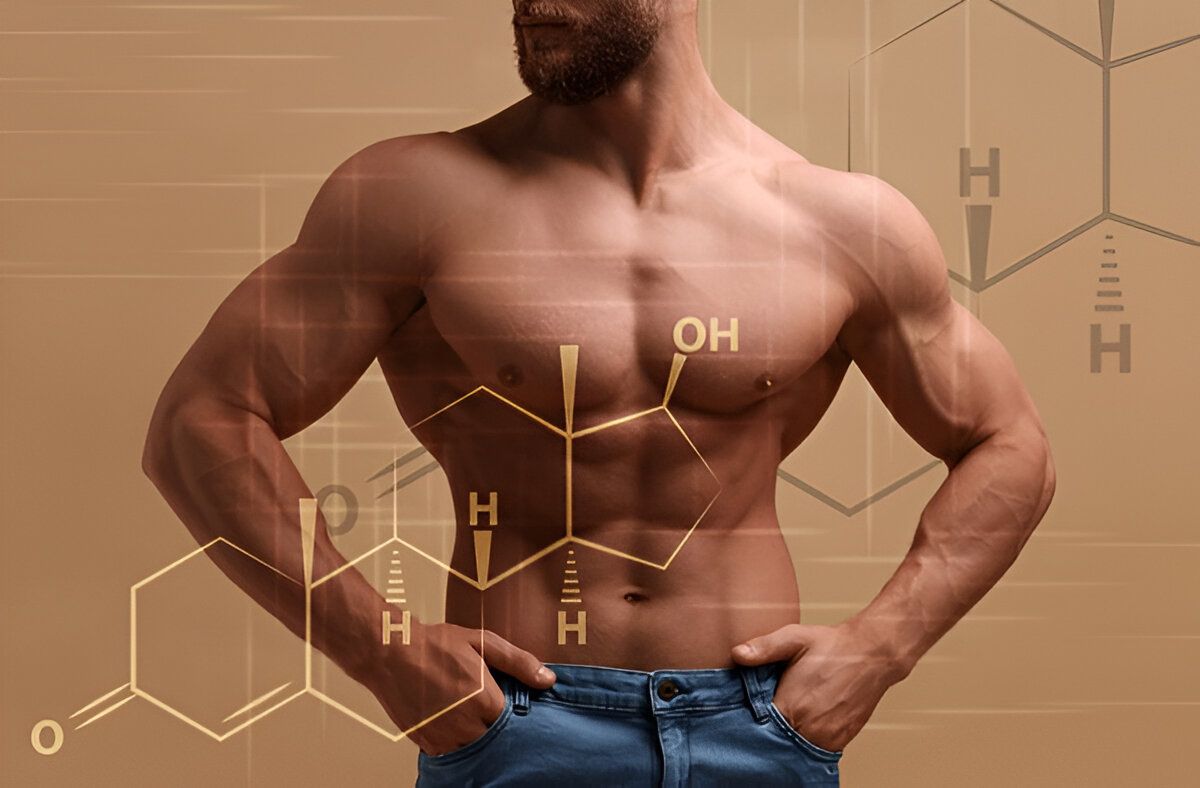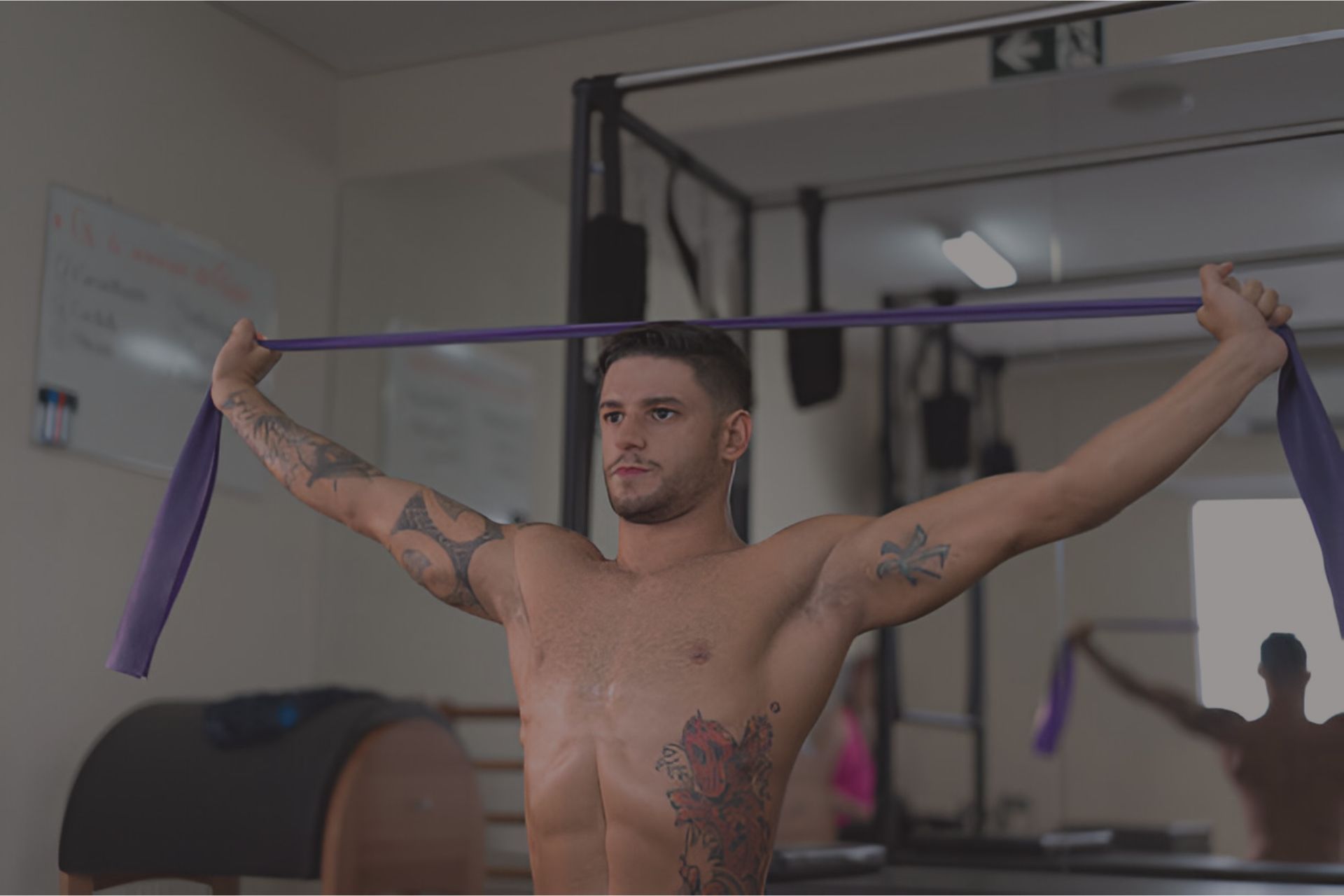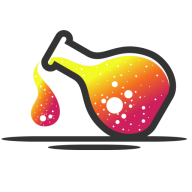Debunking Common Misconceptions About Testosterone Therapy
Testosterone therapy often stirs up a mix of curiosity and skepticism, driven by widespread myths and misunderstandings. For many men, low testosterone impacts energy levels, mood, and overall well-being, but seeking solutions can feel overwhelming when misinformation clouds the topic. It’s essential to separate fact from fiction, as misconceptions can lead to hesitation or even the misuse of therapy. By untangling these myths, you’ll gain a clearer understanding of what testosterone therapy truly involves, its potential benefits, and the realities men should consider before exploring it.
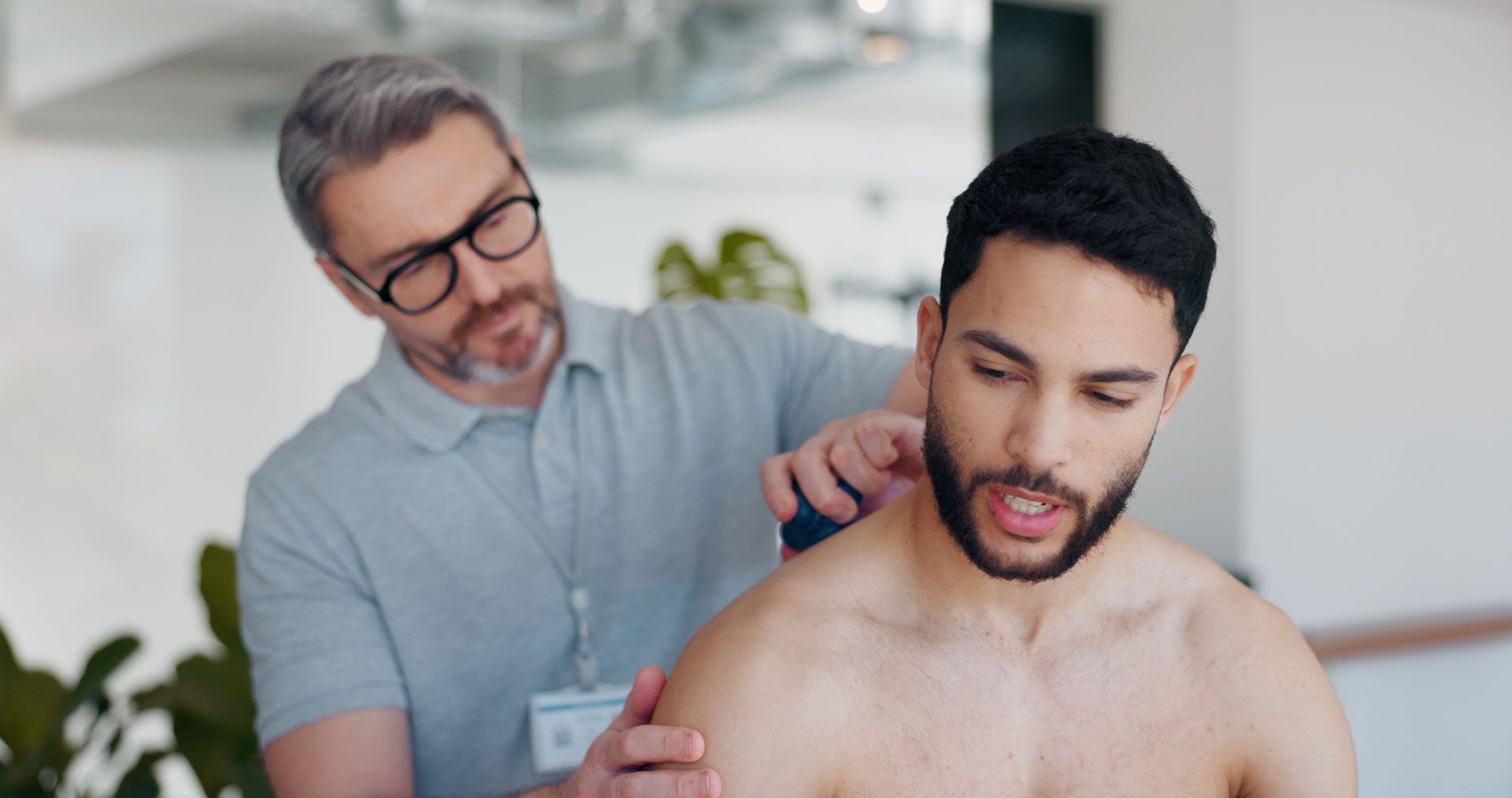
Understanding Testosterone and Its Role in Male Health
Testosterone is often seen as the defining hormone of manhood, but its role extends far beyond stereotypical associations with masculinity. Produced primarily in the testicles, testosterone is crucial for numerous physiological functions that shape a man’s overall health. This hormone regulates muscle mass, bone density, fat distribution, and even red blood cell production. It also drives essential processes like sperm production, libido, and the development of male sexual characteristics during puberty.
What Is Testosterone Therapy and Who Can Benefit From It?
Testosterone Replacement Therapy (TRT) is a medical treatment designed to normalize testosterone levels in men experiencing hormone deficiency, typically due to conditions like hypogonadism. This therapy involves the administration of synthetic testosterone via gels, injections, patches, or implants, tailored to meet individual needs. While TRT isn’t a cure, it helps alleviate symptoms linked to low testosterone.
However, TRT isn’t for everyone. It may not be safe for individuals with conditions like untreated prostate cancer or heart disease. Careful consultation with a healthcare provider is critical to assess risks and develop a safe treatment plan. This therapy can be a life-changing option for men battling the effects of testosterone deficiency, restoring vitality and overall well-being.
Myth #1: Testosterone Therapy Is Only for Older Men
One of the most prevalent misconceptions about testosterone therapy (TRT) is that it’s solely for older men. While testosterone levels naturally decline with age, low testosterone is not exclusive to older individuals. Younger men, under certain circumstances, may also experience hormone deficiencies requiring medical attention. Conditions such as hypogonadism—a disorder where the body doesn’t produce enough testosterone—can affect men of any age, including those in their 20s or 30s. Additionally, medical issues like genetic disorders (e.g., Klinefelter syndrome), testicular trauma, or specific illnesses could lead to deficiencies requiring TRT.
The myth likely stems from the common association of low hormone levels with aging. However, research has shown that lifestyle factors, like poor diet, lack of exercise, and environmental influences, can also contribute to low testosterone in younger men. Left untreated, these deficiencies may result in symptoms like chronic fatigue, reduced libido, depression, and loss of muscle mass. TRT, when medically supervised, can help younger men regain hormonal balance and address debilitating symptoms. That said, it’s crucial for younger individuals to accurately diagnose the root cause of their condition before considering therapy. A tailored, well-monitored approach ensures that testosterone therapy benefits individuals across all age groups, not just older men.
Myth #2: Testosterone Therapy Causes Aggression (‘Roid Rage’)
The association of testosterone therapy (TRT) with aggression, often labeled as “roid rage,” is a myth that has persisted due to misinformation and confusion between legitimate medical treatment and anabolic steroid abuse. Scientifically, there is no strong evidence linking TRT, when supervised by healthcare professionals, to increased aggression. Unlike anabolic steroids, which are frequently abused in bodybuilding at doses far exceeding natural hormonal levels, TRT is designed to restore testosterone to normal physiological ranges.
Research has consistently shown that TRT in men with low testosterone does not trigger significant behavioral changes. A recent meta-analysis of studies concluded that TRT does not increase aggression. On the contrary, some individuals even report improvements in mood and reductions in irritability after beginning therapy. The misconception likely arises from the documented aggression seen in cases of steroid misuse, where extremely high, unsupervised dosages overwhelm the body’s hormonal balance. It’s important to distinguish medical TRT from steroid abuse. TRT is tailored for individuals with a diagnosis of testosterone deficiency and is carefully monitored to ensure safety. For men pursuing treatment for low testosterone, concern over aggression should not deter them. Evidence suggests TRT supports mental well-being and helps address symptoms like fatigue or low mood without fostering hostile behaviors.
Myth #3: It’s Unsafe and Comes With Extreme Side Effects
Testosterone therapy (TRT) is often incorrectly perceived as a risky treatment fraught with severe side effects. However, this notion largely stems from confusing medical TRT with steroid misuse or from outdated interpretations of side-effect data. When prescribed and monitored by healthcare professionals, TRT is generally safe and effective, particularly for men diagnosed with low testosterone levels (hypogonadism).
Common side effects of TRT, such as acne, mild fluid retention, or temporary breast tenderness, tend to be manageable and often subside as the body adjusts to therapy. Serious complications, like increased red blood cell counts or worsening of sleep apnea, are rare and typically caught early with regular monitoring. Some concerns about TRT’s impact on heart health and prostate cancer have been debunked by recent clinical trials, which show no significant link between medically supervised TRT and elevated cardiovascular or prostate cancer risks in men with a clear need for therapy. Safety begins with proper diagnosis and continues with consistent oversight from a medical professional who tailors TRT to suit individual needs. By maintaining hormone levels within a balanced range, physicians minimize potential risks, making TRT a viable, safe solution for alleviating symptoms like fatigue, low libido, and muscle loss in testosterone-deficient men.
Separating Fact From Fiction – Testosterone Therapy and Fertility
A major misconception about testosterone therapy (TRT) is that it enhances fertility. However, the truth is that TRT can temporarily suppress sperm production by disrupting the body’s natural testosterone manufacturing process. This occurs because TRT impacts the hypothalamic-pituitary-gonadal (HPG) axis, which regulates sperm production, potentially leading to reduced sperm counts or even azoospermia during treatment.
Men considering TRT in Southlake, Texas, or elsewhere, and who plan to have children, must weigh their options carefully. While testosterone therapy is effective in addressing low libido, fatigue, and other symptoms of low testosterone, it’s vital to discuss its impact on fertility with a healthcare provider. For men concerned about family planning, there are alternatives such as medications like clomiphene citrate or injectable human chorionic gonadotropin (hCG), which can help boost testosterone levels without impairing sperm production.
Regardless of your goals, expert guidance is key to making informed decisions. If you’re navigating the complexities of TRT and fertility, Elixir Men’s Health is here to help. Located in Southlake, Texas, their team specializes in tailored approaches to testosterone therapy, offering expertise and solutions to support your health and personal aspirations. Contact them to explore your options and maintain control of your reproductive health.



